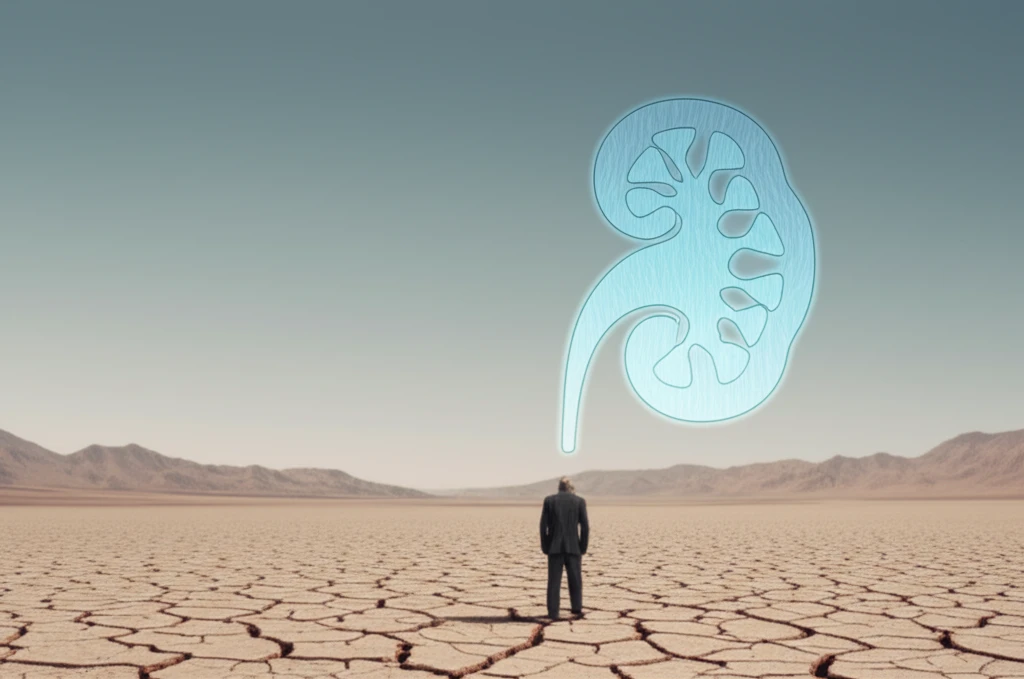
Silent Threat: Understanding Acute Kidney Injury in the Elderly
"Why recognizing and preventing acute renal failure is crucial for older adults' health and longevity."
The global population is aging, with projections indicating a substantial increase in the number of individuals over 60 and 80 years in the coming decades. This demographic shift brings unique healthcare challenges, particularly concerning kidney health.
In France, for example, the proportion of people aged 75 and over is expected to rise significantly in the coming years. As kidneys naturally undergo physiological changes with age, often without noticeable symptoms, the elderly become more vulnerable to acute kidney injury (AKI).
AKI incidence varies but can be significantly higher in older populations and those hospitalized or in intensive care. This article explores the frequency, causes, and impact of AKI in the elderly, emphasizing the importance of prevention and early detection to improve outcomes.
The Hidden Risks: Frequency and Causes of AKI in Older Adults

A retrospective study conducted at a medical and rehabilitation hospital in France examined the occurrence of AKI in patients aged 75 and older. The study revealed that a significant proportion, 26.8%, of the hospitalized elderly patients experienced AKI. This highlights the substantial prevalence of AKI in this vulnerable population.
- Medications: Diuretics and angiotensin-converting enzyme (ACE) inhibitors were common culprits.
- Functional Hypovolemia: Reduced fluid volume due to factors like dehydration.
- Infections: Septic shock, a severe complication of infection, was a contributing factor.
- Heart Failure: A condition where the heart cannot pump enough blood to meet the body's needs.
- Surgical Procedures: Postoperative complications can sometimes lead to AKI.
Protecting Our Elders: The Path to Prevention
Acute kidney injury is a common and serious condition in the elderly, associated with prolonged hospital stays, increased treatment costs, and higher mortality rates. However, AKI is not inevitable. Prevention strategies focused on preserving extracellular fluid volume are critical.
Healthcare providers should carefully review medications, especially in older adults with pre-existing conditions. Monitoring kidney function and avoiding dehydration are also essential. Early detection and management of infections can help prevent septic shock and subsequent AKI.
By prioritizing kidney health and implementing preventive measures, we can significantly reduce the incidence and impact of AKI in the elderly, improving their overall health and quality of life. Recognizing and addressing AKI should be a marker of quality healthcare for our aging population.
